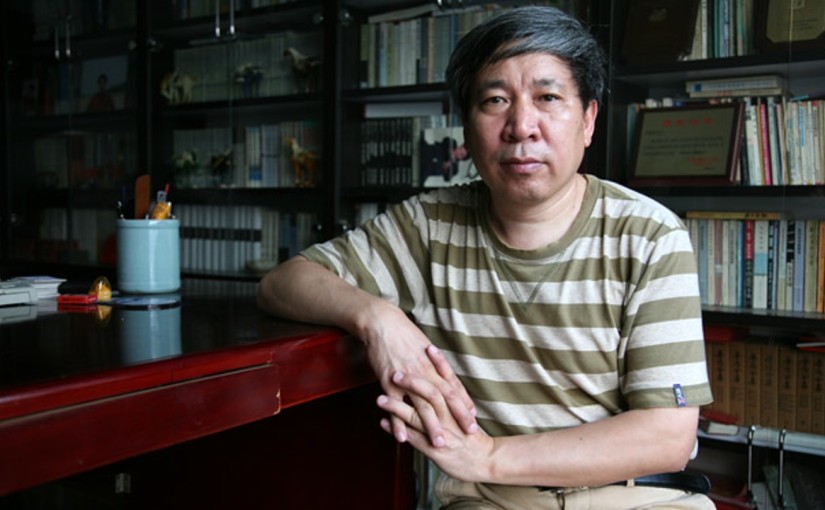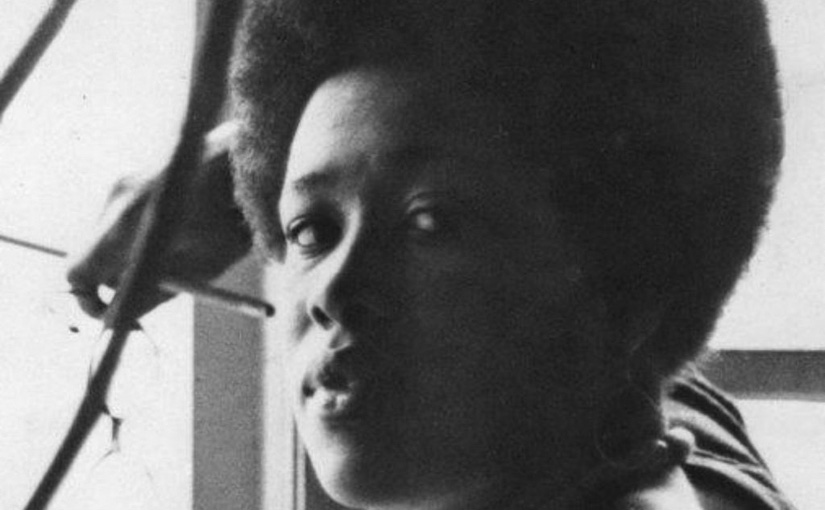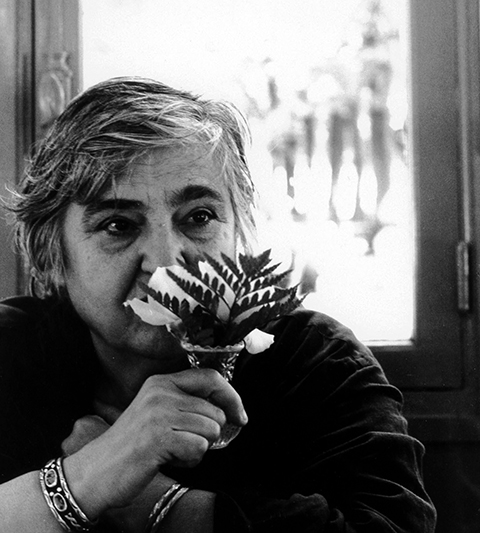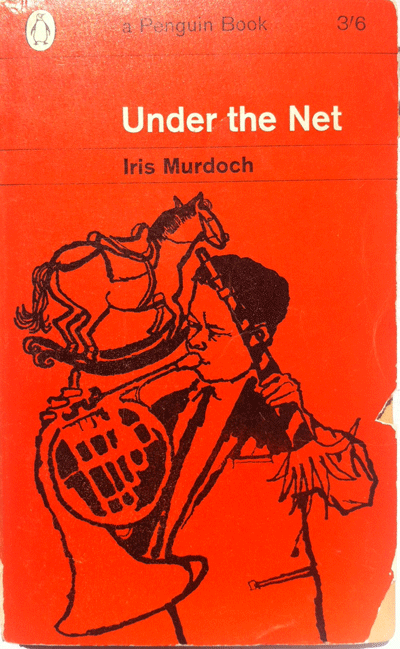
The Mudd Up Book Clubb returns to Manhattan on March 9, to talk Marlen Haushofer’s The Wall (1962, English trans. 1990). It is graceful. It is crushingly good. It discusses cows, cats, and foraging in great detail, such that this harrowing narrative of thingness and survival is never far from pellucid (if unsettling) meditation on the philosophically big issues. I see your Walden and raise you The Wall.
“I am writing on my novel and everything is very cumbersome” she told a friend, “because I never have much time and, mainly, because I can not embarrass myself. I must continuously inquire whether what I say about animals and plants is actually correct. One can not be precise enough.”
People have called The Wall an eco-feminist dystopia, and true, this tale takes the form of a diary of an Austrian woman who finds herself trapped in the mountains with an invisible wall separating her and a dog named Lynx from a horrible cataclysm which has befallen the rest of the world. Yet there is no trace of the fantastic; sci-fi, Robinson Crusoe, or Stephen King it is not. This radiant little masterpiece is written with such sensitivity that it’s hard to imagine that Haushofer herself did not live through these things — harvesting potatoes for sustenance, slowly running out of sugar, edging on forgetting her name, looking up at the sky in a forest meadow and thinking:
Human beings had played their own games, and in almost every case they had ended badly. And how could I complain? I was one of them and couldn’t judge them, because I understood them so well. . . The great game of the sun, moon and stars seemed to be working out, and that hadn’t been invented by humans. But it wasn’t completed yet, and might bear the seeds of failure within it. I was only an attentive and enchanted onlooker; my whole life would be too short to grasp even the tiniest stage of the game. I’d spent most of my life struggling with daily human concerns. Now that I had barely anything left, I could sit in peace on the bench and watch the stars dancing against the black firmament.
As a bonus for the cat fanciers and dog lovers among us, The Wall has my vote for the least sentimental yet most heartfelt book involving animals. Rare combo! Some moving contemplation on cyclical time too.
So. Manhattan, 5pm, Sunday March 9. You can join us by (communication magic). Don’t let the ‘now a major motion picture’ on the cover of recent editions of the book keep you away…












